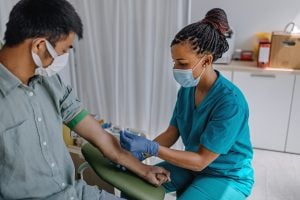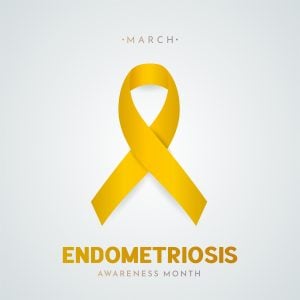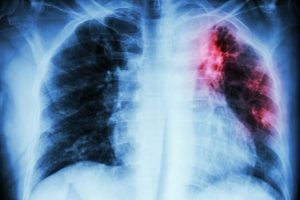 Bleeding disorders are a group of conditions that affect the way the body controls blood clotting. The clotting process, known as coagulation, changes blood from a liquid to a solid.
Bleeding disorders are a group of conditions that affect the way the body controls blood clotting. The clotting process, known as coagulation, changes blood from a liquid to a solid.
When you’re injured, your blood normally begins to clot to prevent a massive blood loss. However, these conditions prevent blood from clotting properly, which results in heavy or prolonged bleeding.
Bleeding disorders can cause abnormal bleeding outside and inside the body. Some disorders can drastically increase the amount of blood leaving the body, while others cause bleeding under the skin or in vital organs, such as the brain.
There are numerous bleeding disorders. The most common include:
- Hemophilia A and B- are conditions that occur when there are low levels of clotting factors in your blood. It causes heavy or unusual bleeding in the joints. Although hemophilia is rare, it can have life-threatening complications
- Factor II, V, VII, X, or XII deficiencies- are bleeding disorders related to blood clotting problems or abnormal bleeding problems
- Von Willebrand’s disease- is the most common inherited bleeding disorder. It develops when the blood lacks the von Willebrand factor, which helps the blood clot
For blood to clot, the body needs blood proteins called clotting factors and blood cells called platelets. Normally, platelets clump together to form a plug at the site of a damaged or injured blood vessel. The clotting factors then combine to form a fibrin clot, keeping the platelets in place and preventing blood from flowing out of the blood vessel.
For people with bleeding disorders, however, the clotting factors or platelets don’t work the way they should or are in short supply. When the blood doesn’t clot, excessive or prolonged bleeding can occur. It can also lead to spontaneous or sudden bleeding in the muscles, joints, and other body parts.
Some bleeding disorders are present at birth and are passed down or inherited through families. However, other bleeding disorders can be caused by:
- Medical conditions, such as liver disease
- A low red blood cell count
- A vitamin K deficiency
- Side effects from certain medications
Symptoms of bleeding disorders can include:
- Bruising easily
- Heavy bleeding
- Heavy menstrual bleeding
- Nosebleeds that do not stop easily
- Excessive bleeding due to surgical procedures
- Umbilical cord bleeding after birth
A doctor will diagnose a bleeding disorder by asking about your symptoms and medical history. They will also perform a physical exam and run blood tests to make a proper diagnosis. These tests can include:
- A complete blood count
- A platelet aggregation test
- A bleeding time test
Treatment options for bleeding disorders vary depending on the type of bleeding disorder and its severity. Although treatments can’t cure bleeding disorders, they can help relieve the symptoms associated with certain disorders. Treatment options include:
- Iron supplementation
- Blood transfusion
If you experience symptoms of a bleeding disorder, it’s important to get diagnosed as soon as possible; even if your symptoms are mild, talking to a doctor can help you avoid potential risk factors that may worsen them. You can schedule an appointment with a doctor at Flushing Hospital Medical Center’s Ambulatory Care Center by calling (718) 670-5486.
All content of this newsletter is intended for general information purposes only and is not intended or implied to be a substitute for professional medical advice, diagnosis or treatment. Please consult a medical professional before adopting any of the suggestions on this page. You must never disregard professional medical advice or delay seeking medical treatment based upon any content of this newsletter. PROMPTLY CONSULT YOUR PHYSICIAN OR CALL 911 IF YOU BELIEVE YOU HAVE A MEDICAL EMERGENCY.










